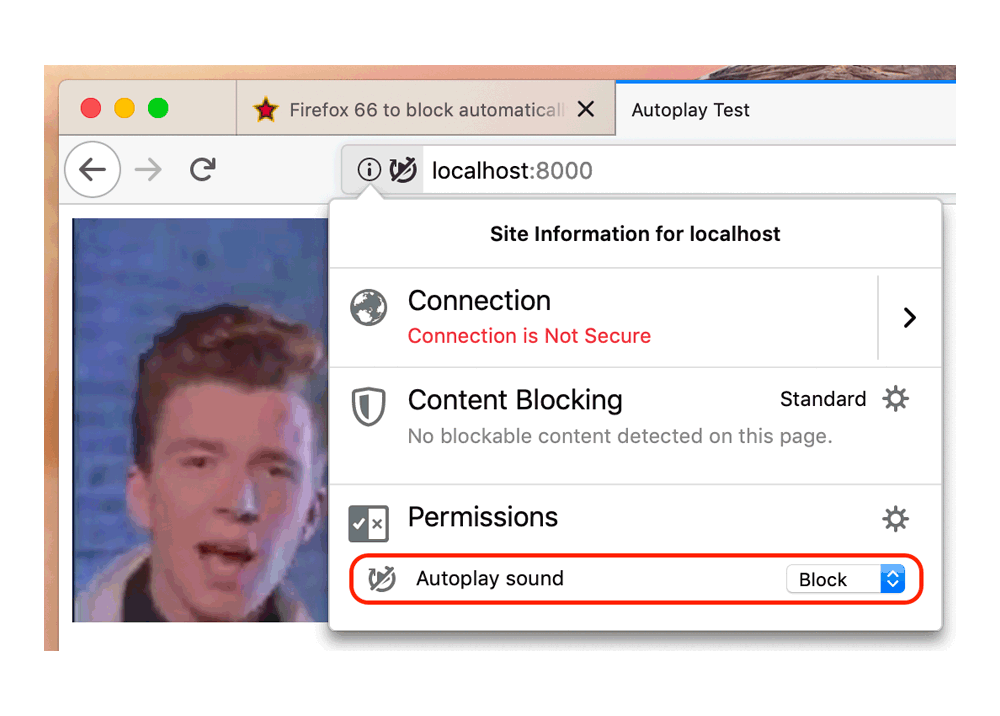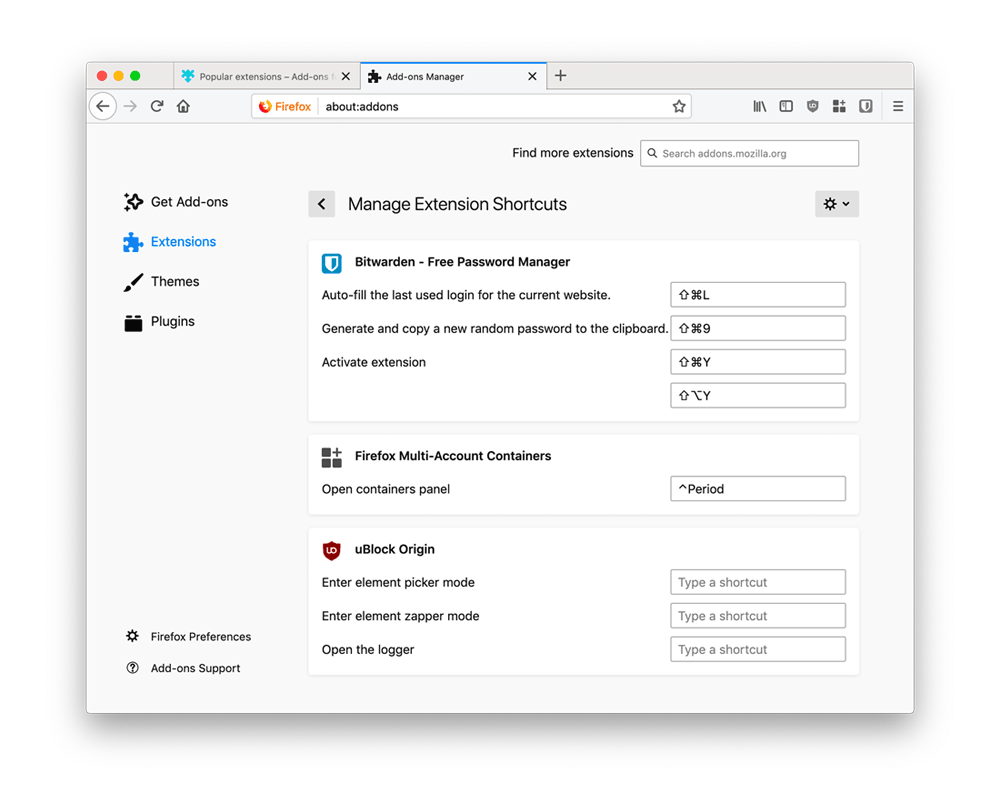
Mozilla has introduced a Firefox 66 update, which it hopes can create a better user experience than competitors like Chrome, Edge and Safari.
One of the highlights include a feature to block autoplaying contents. Here, the Firefox browser can automatically prevent autoplaying videos from running (such as video ads) without the users' permission.
If users do want to play the autoplaying content, they can simply tap on them.
Firefox can also stop them from playing the audio out loud.
And as for websites that don't automatically turn the sound on when the video starts playing, such as on Facebook, the video will still play, just without the sound.
As for other websites that have been built specifically to play content, users that want the videos on the site to autoplay, they can allow this by going to the Firefox permission settings.
"Starting with version 66, Firefox will block audible autoplaying video and audio. This means media (audio and video) have to wait for user interaction before playing, unless the muted property is set on the associated HTMLMediaElement. Blocking can be disabled on a case-by-case basis in the site information overlay," explained Firefox.

In terms of usability improvements, Firefox 66 implements scroll anchoring, which prevents slow-loading contents from suddenly appearing and pushing visible content off the page.
Users may find it frustrating when a site's page suddenly jumps as an advertisement loads from the above the content.
With the update, Firefox can prevent this jump. So although the advertisement will still show, the browser window will remember where users are on the page, making sure that user experience isn't affected.
Then there is the Touch Bar on macOS that is supported in Firefox 66. This offers quick access to common browser features without requiring users to learn keyboard shortcuts.
The next is an improvement to how the browser manages shortcuts, in which Firefox allows users to change all of the shortcuts by extensions by visiting about:addons, and clicking on the 'Manage Extension Shortcuts' under the gear icon on the Extensions overview page.

Search has also been revamped in the this Firefox 66.
For users using Firefox on multiple devices using a Firefox Sync, or even if they are only using it on one device, but have multiple tabs open, users can search across all using the tab overflow menu, which automatically appears when they have lots of tabs open.
Clicking on the down arrow, users can choose to search across multiple open tabs and devices from one place, rather than using the '%' parameter in the Awesome Bar.
Another search-focused enhancement is search while in Private Browsing mode.
If users opt to hide their search history by using Private Mode, they can still use their preferred search engine, including the privacy-focused search engine DuckDuckGo.
In the security sector, Firefox 66 has redesigned its security warnings to better encourage safe browsing practices.
As for developers and web designers, according to Mozilla, Firefox "is the first browser to support animating the CSS Grid grid-template-rows and grid-template-columns properties."
It's also "the first browser to support the overflow-inline and overflow-block media queries.
Among others, this should make developers able to apply styles based on overflowing contents.
For performance, Firefox 66 manages its browser extensions with the help of IndexedDB. For users with many extensions installed, this should offer better performance and memory improvements.
This improvement is completely transparent and automatic for extension authors.
Mozilla has also doubled Firefox’s default number of content processes from 4 to 8.
"We’ve managed to do this while keeping Firefox’s memory usage virtually unchanged thanks to Project Fission’s efforts to reduce per-process overhead."
And for last, Firefox 66 also supports Windows Hello for passwordless authentication online via WebAuthn.
Read: The Internet Is Killing Password By Making 'WebAuthn" An Official Web Standard